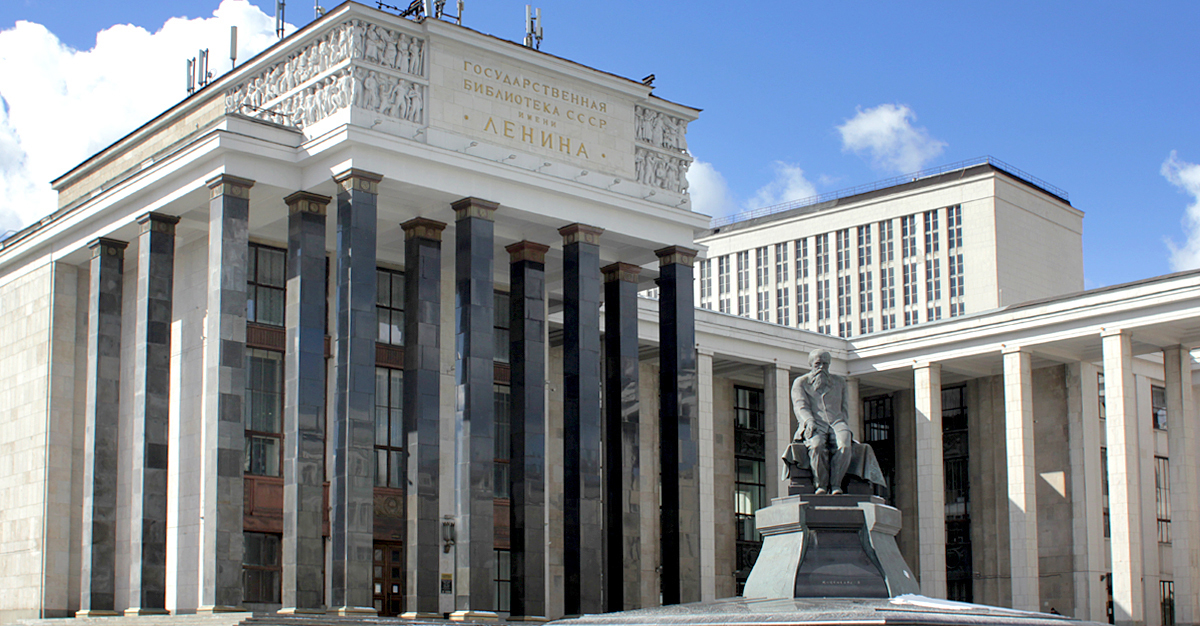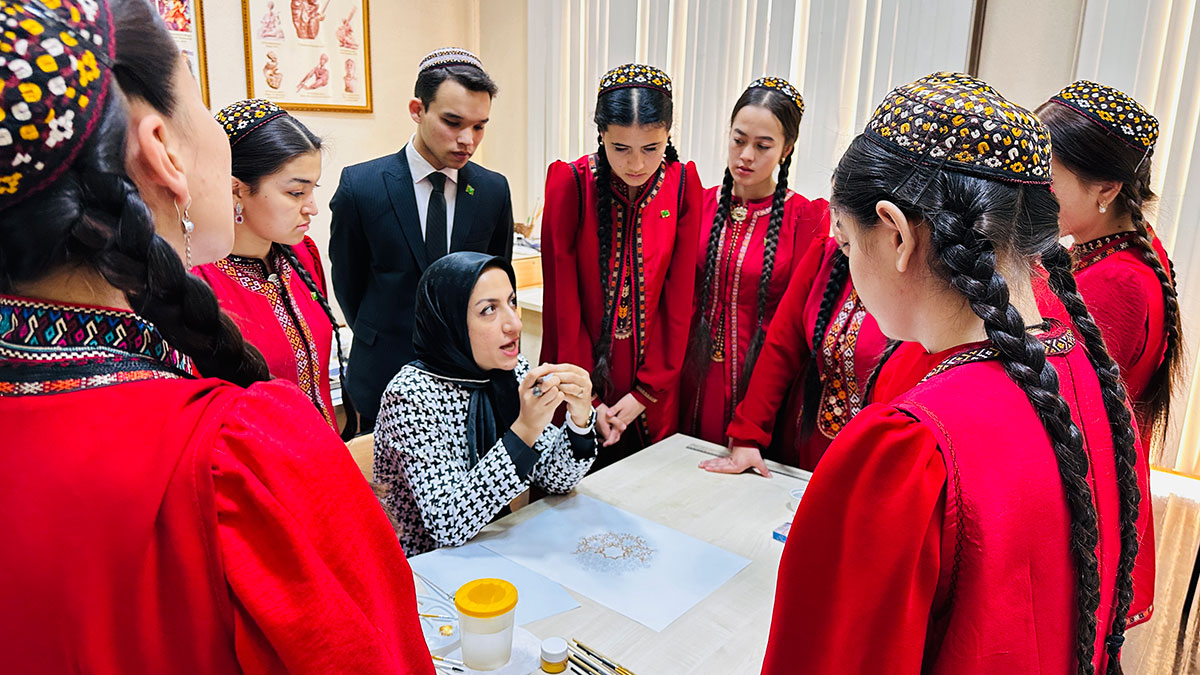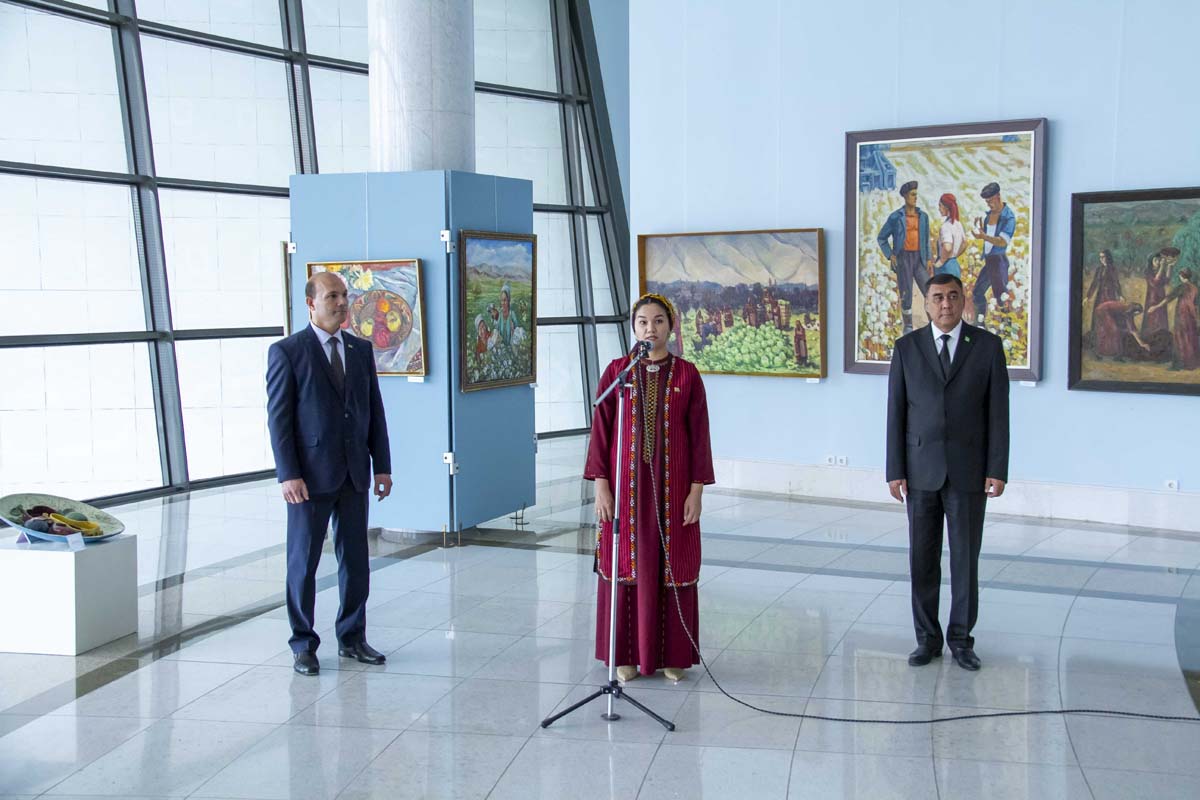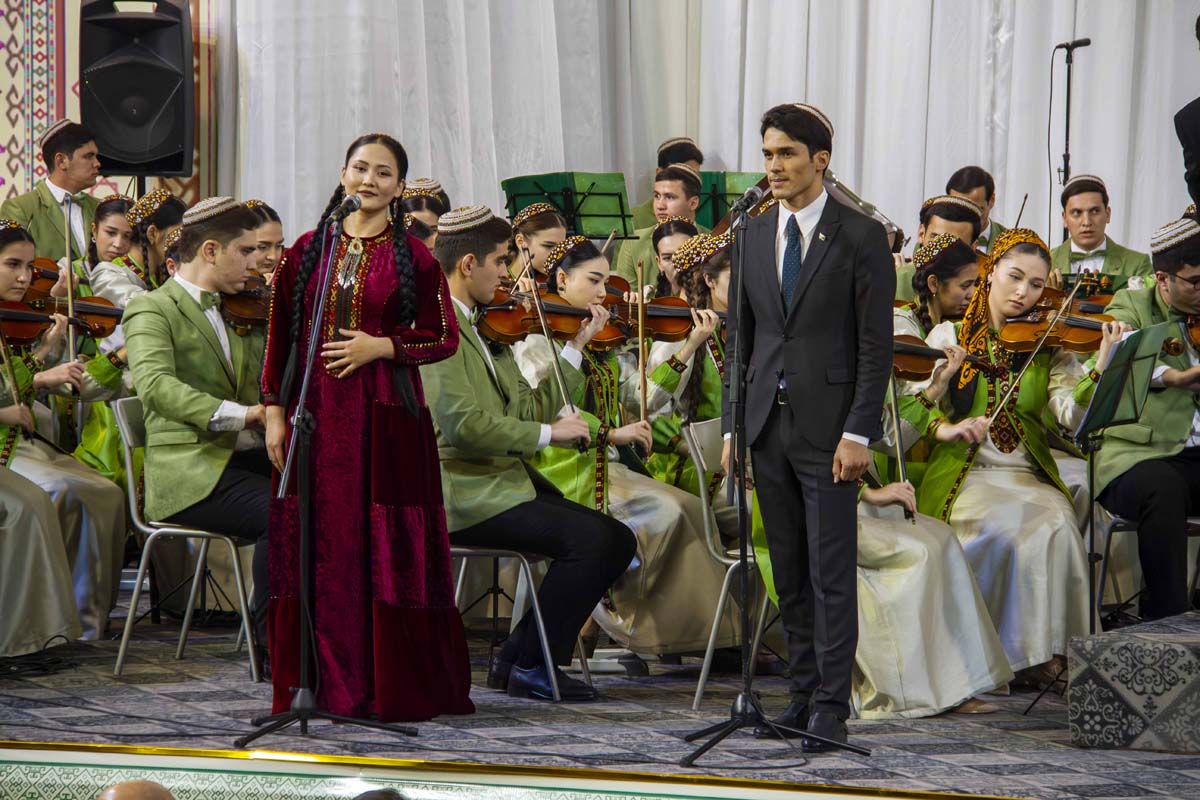From January 26 to February 22, the Russian State Library hosts an exhibition of musical folklore of the peoples of the CIS countries. Here the public demonstrates vivid examples of the musical creativity of the peoples of the Commonwealth countries. The traditional heritage of cultures is represented by rare notes and grammars, which reveal the peculiarities of the musical culture of each of the Commonwealth countries. On the recordings shown at the exhibition, the performers are distinguished by the recordings of such folk singers and professional musicians as Bally Matgeldyev (Turkmenistan), Rakhiya Koishybayeva (Kazakhstan), Fattahkhan Mamadaliev (Uzbekistan), Kurban Primov and Mais Salmanov (Azerbaijan), Zafar Nazimov (Tajikistan), Nikolai Glib (Moldavia) and Melania Abovyan and Ophelia Ambartzumyan (Armenia).

The stand, dedicated to bright and original Turkmen musical culture, shows visitors the best examples of Turkmen folk art. Visitors to the library are told about the folk music of Turkmenistan, which includes ritual and lyrical songs. Much attention has been paid to genres such as cradle (huvdi), virgin lyric songs (lyale), wedding melodies (yar-yar) and others. There is also a distinctive feature of Turkmen folk music, the absence of percussion instruments in it.
Many good words were also said at the exhibition about the art of Turkmen bakhshi - singers accompanying themselves on the dutar. They perform epics on classical themes from Eastern and national poetry. The most famous are Leyli and Mejnun and Shasenem and Garib.
The exhibition also features collections of Turkmen folk melodies in the arrangement of Clementiy Korchmarev (Moscow, 1946), "Turkmen Songs", composed by Grigory Lobachev (Moscow, 1937), "Reader for the Dutar" by Nurmuhammed Meredov and other unique works.








